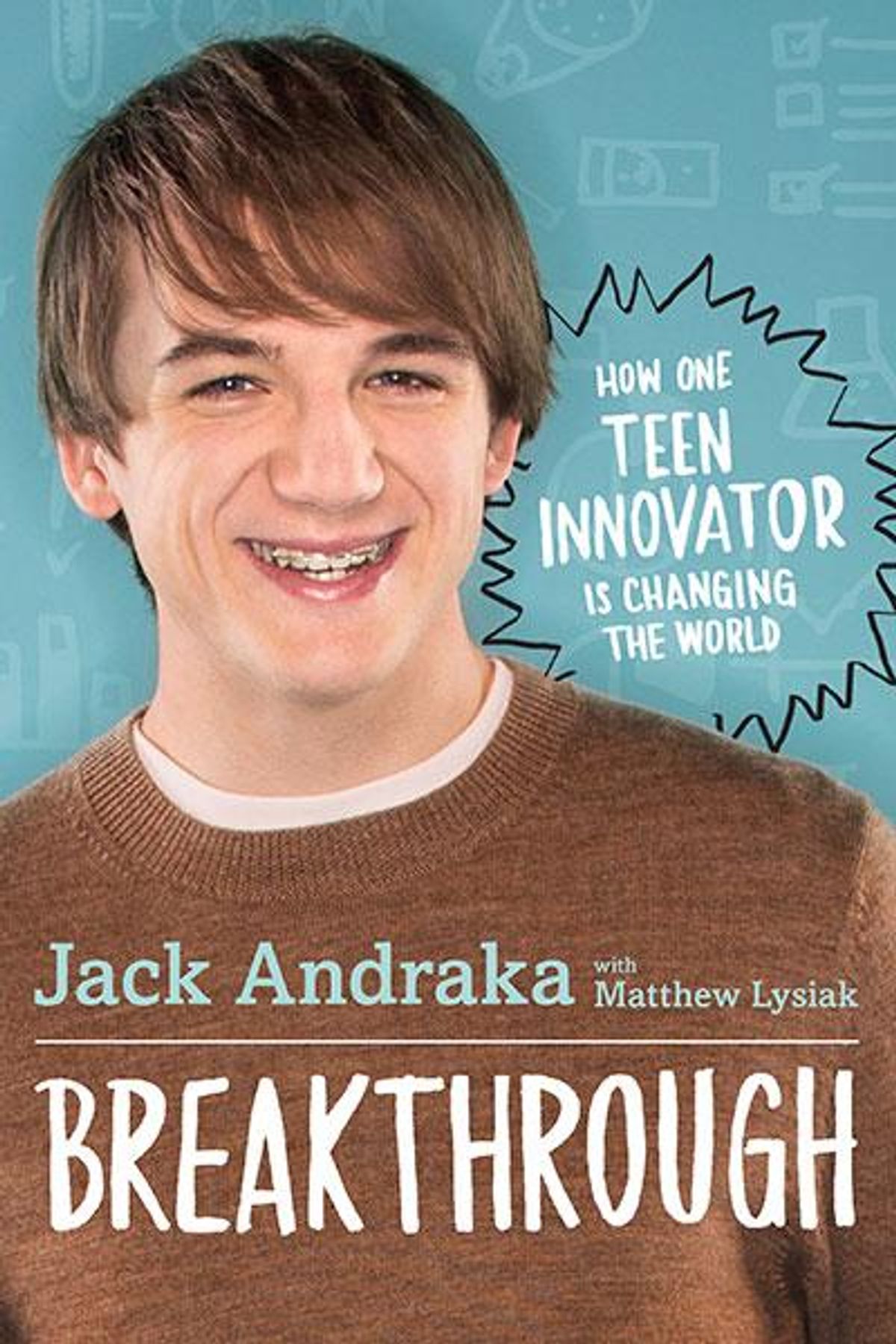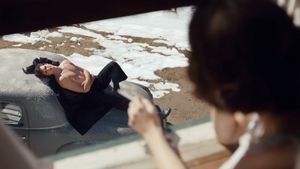In a field dominated by heterosexual giants, science is a lonely discipline for a gay teenager. From Jonas Salk to Albert Einstein, nearly every scientific genius in history is straight, leaving few idols for a young scientist who happens to be gay. While shows such as Queer Eye for the Straight Guy and, most recently, Looking have led to a widespread acceptance of LGBT individuals in mainstream media, they have not done many favors for the stereotypes that surround being gay.
When I initially started questioning my sexuality, I was bombarded with messages that pressured me to conform to stereotypes such as a need to jump into fashion or interior design. And while both are valid professions, my passions rested instead among cell culture flasks and digestive enzymes in the lab. These pressures were amplified in the weeks after my coming out, with friends and family stating "You can't be gay, you don't know how to dress" and "You do science, that's not what gay people do."
Indeed, when I looked around at the science fairs that I was so fond of, I began to realize that I had never met a fellow gay scientist, and some science fair participants would regale me with how homosexuality was a crime in their countries. These pressures, combined with the confusion associated with coming out publicly and the social stress characteristic of middle school, created a deadly cocktail, which resulted in me becoming increasingly depressed, with my academic and social lives taking a tailspin. Fortunately, my story does not end in tragedy; I did not lose my life to my depression, nor was I permanently harmed, but nevertheless, the experience has remained with me.
Eventually, through extensive online research, I discovered my first role model in science who also was gay: Alan Turing. I quickly became fascinated with the stories of how he thwarted Nazi Germany in World War II and laid the groundwork for modern-day computers. Through his groundbreaking work and indefatigable spirit, he was able to shorten the length of the way by several years, and save hundreds of thousands of lives in the process.
However, despite his extraordinary contributions to science, he lived in a time when homosexuality was a criminal offense, and, as a result, he was persecuted by authorities. This witch hunt resulted in Turing's suicide, 16 days before his 42nd birthday. Nonetheless, he became my idol, and I incessantly filled the ears of my parents and friends with stories and facts from his life. But while my straight friends had contemporary role models such as Jane Goodall, Sylvia Earle, and Stephen Hawking, I only had one ... who was dead and from a completely different era in terms of LGBT rights.
A modern LGBT scientist role model simply does not exist. Among the 2013 Out 100 honorees, there were only three scientists. Everyone else was an actor, fashion designer, or lawyer/social advocate. During an interview at this party honoring the LBGT icons of the year, it wasn't my science that was discussed, but rather what clothes I was wearing and if I had a boyfriend. The bulk of invitees to the party were actors, TV personalities, and fashion icons, and a porn kingpin was one of the favorite attendees. I was praised more for being young and cute than for finding a new way to detect pancreatic cancer. Never before have I felt more objectified.
Perhaps this speaks more about our society as a whole; however, the exaltation of youth and looks over brains is far more rampant in LBGT culture. Just as other people project onto us, we can be guilty of allowing our sexuality to signify who we are, rather than our identities. We become identified by who we like rather than who we are. This is all too apparent through our media presence in TV shows and movies. Members of our community are represented in all professions, from social activists to scientists. We are lawyers, actors, and doctors who happen to be LGBT as opposed to LGBT people who happen to be lawyers, actors, and doctors.
Such a distinction, while subtle, is critical to realize because it is we as a community that create society's perception of us. We can choose to continue to be pigeonholed as a singular persona or we can choose to allow ourselves to diverge from this path and create role models for all LGBT youth, regardless of what profession they wish to pursue.
The sacrifice of our intellectual diversity is one that is not necessary and simply not acceptable. If we truly desire equality in our society, then we must break free from our stereotypes, making our foremost feature not our sexuality, but our potential to improve the world. We must strive to make all people in the LGBT community feel welcome, not just those who know how to match clothes and create a fabulous dinner party.
It is now our duty to make sure that another tragedy like Alan Turing does not occur, so that the next generation of LGBT youth can look up and see a role model, regardless of what his or her passion is. As Carson Kressley would say, it's time for the LGBT community to get a "make better."
JACK ANDRAKA is the author of Breakthrough: How One Teen Innovator is Changing the World, which is forthcoming from HarperCollins. For more information, visit JackAndraka.com.













































































